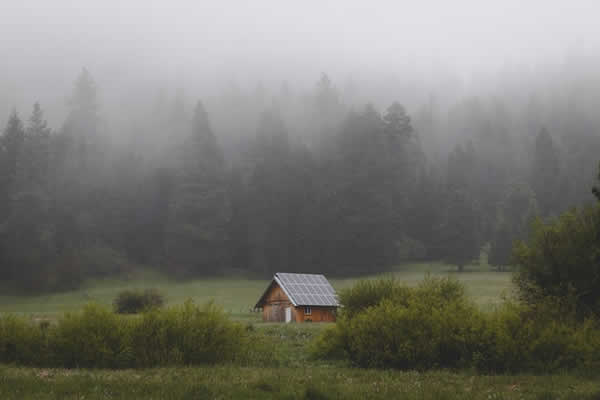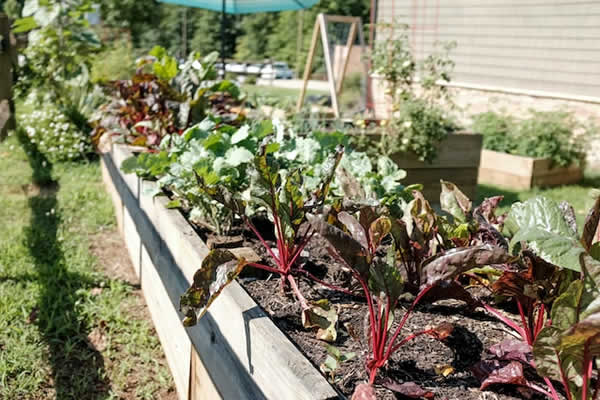Do you dream of living in a self-sufficient and sustainable home? Are you tired of the hustle and bustle of city life, or searching for ways to protect yourself against volatile energy prices? If so, consider living off the grid! It is an incredibly liberating lifestyle choice that allows individuals to break away from traditional systems. That being said this type of lifestyle requires practical problem-solving; there are logistical issues when it comes to creating your own electric, food supply, water supply, and waste management system. In this blog post, I provide information on these four major logistical issues related to living off the grid - utilities, food sources, water sources, and managing waste.

- Waste Management
- With the ever-increasing global population, the amount of waste generated is also growing at an alarming rate. It is essential to put in place effective waste management strategies to prevent polluting the air, water, and soil. These strategies include reducing, reusing, recycling, and disposing of waste safely. They also include hiring professional waste management services, to more efficiently manage your waste on your own, like composting and using anaerobic digesters. Additionally, we need to educate communities on proper waste disposal techniques and the effects of wrong waste disposal. The process of waste management is not only about cleaning up after ourselves but also about protecting the environment and the health of future generations.
- Utilities
- Utilities are essential for our daily lives, providing us with basic necessities that allow us to go about our day. From running water to electricity, we rely heavily on utilities to function. Utilities include services such as water, gas, and electricity, which we often take for granted. However, we must remember that our utilities come at a cost, and we need to be mindful of the environment while using them. In addition to supplying us with the basics of modern living, utilities also help us stay connected through phone and internet services. Without utilities, life would be much more challenging, and we would not have the convenience and comfort that we enjoy today.
- Food Sources
- For those who prefer animal proteins, chicken, beef, and fish are popular choices - just remember to opt for leaner cuts when possible. Vegetarians can enjoy a variety of legumes such as lentils and chickpeas for their protein sources, as well as nuts and seeds. Vegans have even more options with tofu, tempeh, and a range of plant-based meat substitutes now available. And let's not forget about the plethora of fruits and vegetables that can provide us with a range of vitamins and minerals essential for our health. In short, no matter what your dietary preferences are, there's an abundance of food sources to choose from to ensure that you're fueling your body with the right nutrients.

- Water Sources
- Water is essential for the survival of all living organisms, including humans. However, it's important to ensure that the water we consume is safe and clean. There are various sources of water, such as rivers, lakes, oceans, and underground wells. While some sources of water may look clear and clean, they can contain harmful pollutants and bacteria that can have adverse effects on our health. In addition to ensuring that our water is safe to drink, we must also aim to conserve water to preserve these natural resources for future generations. By adopting sustainable practices and being mindful of how we use water, we can help protect our environment and ensure that everyone has access to clean and safe water.
Waste management, utilities, food sources, and water sources need to be considered when deciding to live off the grid. All four of these logistical issues require thoughtful research and problem-solving. It is important to understand that numerous resources are available to guide people through the process of preparing for an ‘off-the-grid’ lifestyle. Although this lifestyle may present its own unique set of hardships and limitations, it is possible to make living off the grid as comfortable, convenient, and manageable as possible. With an understanding of all the logistics - including waste management, water sources, food sources, and utilities - all that remains is arming oneself with the knowledge necessary for success in living life sustainably.
